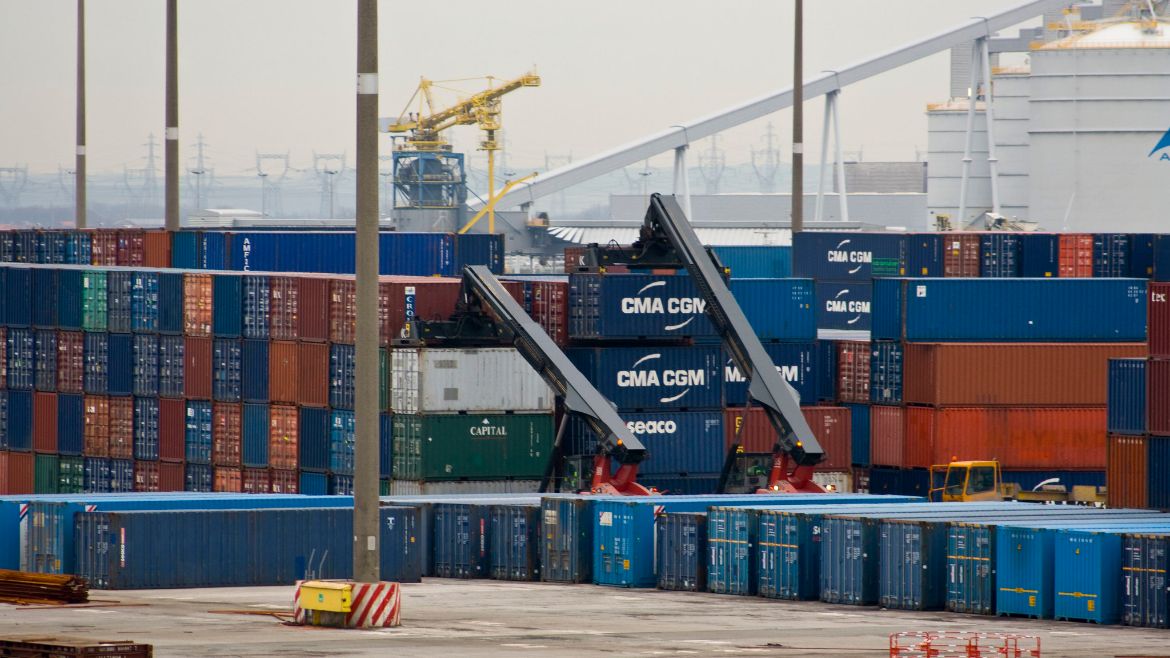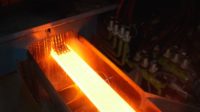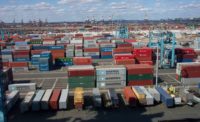The Biden administration reached a new Section 232 steel tariff-rate quota agreement with Japan, officials announced Feb. 7.
The arrangement replaces a flat 25% tariff added by the Trump administration in 2018. It allows up to 1.77 million tons of steel to be imported duty-free from Japan annually, with a 25% tariff imposed on any steel products imported beyond that.
U.S. steel producers are pleased with some of the new arrangement’s provisions, according to trade groups such as the Steel Manufacturers Association (SMA) and American Iron and Steel Institute (AISI). One provision is a “melted and poured” requirement, meaning steel goods made in another country such as China and then shipped to Japan for finishing would not qualify under the duty-free volume.
“Proper implementation and enforcement of the TRQ will be essential to the ongoing success of the Section 232 program, as will continued vigorous enforcement of our laws to prevent circumvention and evasion of U.S. trade remedy measures on steel,” Kevin Dempsey, president and CEO of AISI, said in a statement.
The agreement also includes the existing tariff exclusions process for steel goods not produced in the U.S. Unlike the European Union steel imports deal that took effect Jan. 1, excluded steel goods imported from Japan will still count toward the quota volume. Philip Bell, SMA president, said in a statement that exclusions accounted for 58% of Japanese steel imports in 2021, or about 606,000 tons.
“Overall, this is a strong deal for American steelmakers and it shows that we should not take a one size fits all approach when it comes to our jobs, environment and economic growth,” Bell said.
The quota volume is based on the average import amount in 2018 and 2019. The deal allows for the annual quota to be raised or lowered by 3% for every 6% U.S. steel demand increases or drops in the future.
Commerce Secretary Gina Raimondo said the goal is to boost the U.S. steel industry while also providing access to steel at a lower cost.
“[The] announcement builds on the deal we struck with the E.U. and will further help us rebuild relationships with our allies around the world as we work to fight against China’s unfair trade practices and create a more competitive global economy for America’s families, businesses and workers,” Raimondo said in a statement.
Officials are still negotiating a new U.K. steel import agreement.
The new tariff agreement with Japan takes effect April 1.






Post a comment to this article
Report Abusive Comment